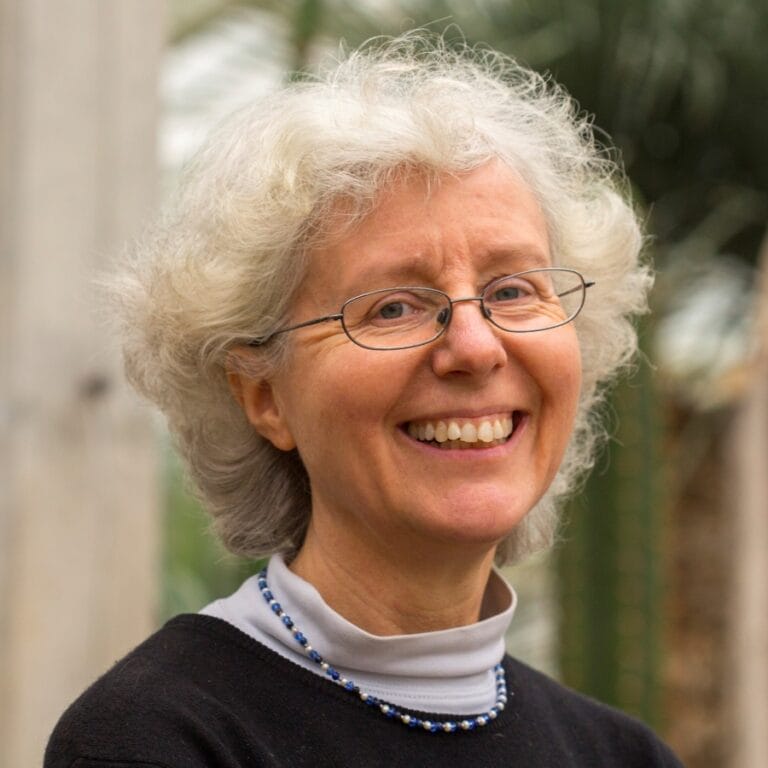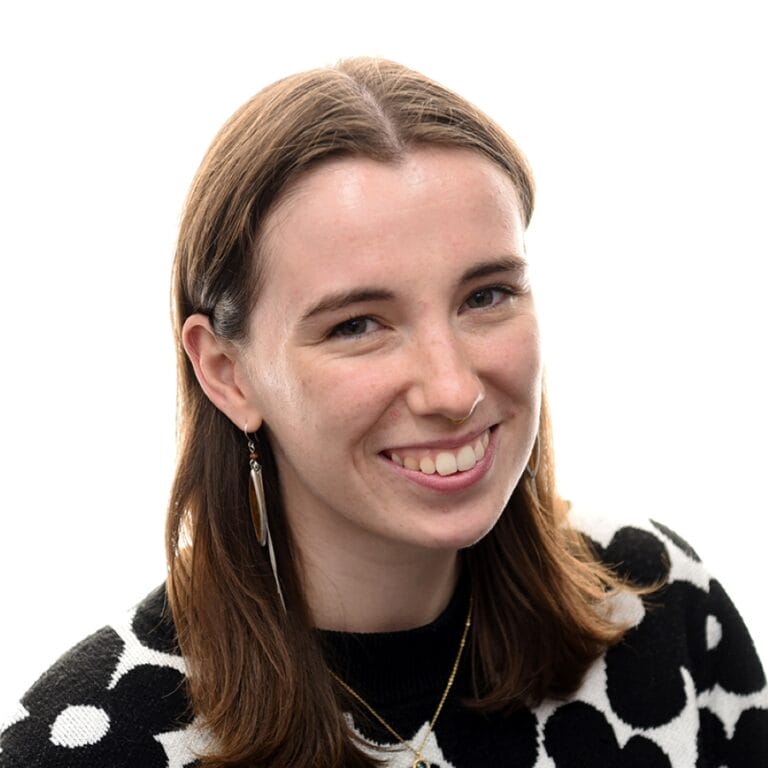Genomics Lite: What's the biggest genome?

Genomics Lite is a series of public webinars, in this session we explored genome size, what organism has the largest genome and how do we go about sequencing these large genomes.
In this Genomics Lite session, Sam and Jack speak to staff from the Wellcome Sanger Institute and Kew Royal Botanic Gardens to explore genome size of different organisms. We discussed what we mean by genome size, how we measure it and how the largest genome ever relates to the size of our own genome. We also took a look at what is needed to sequence these really large genomes.
About our speakers:

Dr. Ilia Leitch, Senior Research Leader, Royal Botanic Gardens, Kew
Ilia Leitch, is a senior research leader at the Royal Botanic Gardens, Kew, with a passion for understanding the origin, evolution and biological significance of the enormous genomic diversity witnessed across the plant kingdom, as well as how this genomic diversity impacts how, when, and where plants grow and respond to global change. At Kew, Ilia leads a team of scientists investigating character evolution in plants, focusing on identifying and understanding how different plant traits interact and evolve, and how key characters influence or are influenced by global environmental change.

Caroline Mitchell, Research Assistant, Wellcome Sanger Institute
Caroline is a Research Assistant in the Long Read sequencing team at the Wellcome Sanger Institute. She works in lab performing DNA extractions and Hi-C crosslinking, a process to map the 3D structure of DNA folded inside the cell’s nucleus. The majority of samples the team processes are from the Darwin Tree of Life Project which aims to sequence the genomes of 70,000 species of eukaryotic organisms in Britain and Ireland. Before joining the Wellcome Sanger Institute, Caroline studied BSc Zoology, focusing on evolution, and then continued her focus in genetics with a Masters by Research in the evolution of innate immune genes.

Ritoza Das, Research Assistant, Wellcome Sanger Institute
Ritoza is a Research Assistant in the Long Read team at the Wellcome Sanger Institute where she is working to sequence all 70,000 species in the UK and Ireland as part of the Darwin Tree of Life project. Her expertise lies in DNA library preparation, sample QC and troubleshooting of various processes in the PacBio workflows which is an important long read sequencing technology. She is also a Quality Champion with her responsibilities focusing on developing and implementing quality standards of processes, improving workflows and driving continuous improvements. Along with this, Ritoza is a Sustainability Champion advocating and driving initiatives that promote environmental, social and economic sustainability practices in her lab and within the organization. Ritoza has a MSc degree in forensic science from King's College London where she focused on DNA and wildlife forensics.